Bill Gates in his blog, Gates Notes:
 To do any task on a computer, you have to tell your device which app to use. You can use Microsoft Word and Google Docs to draft a business proposal, but they can’t help you send an email, share a selfie, analyze data, schedule a party, or buy movie tickets. And even the best sites have an incomplete understanding of your work, personal life, interests, and relationships and a limited ability to use this information to do things for you. That’s the kind of thing that is only possible today with another human being, like a close friend or personal assistant.
To do any task on a computer, you have to tell your device which app to use. You can use Microsoft Word and Google Docs to draft a business proposal, but they can’t help you send an email, share a selfie, analyze data, schedule a party, or buy movie tickets. And even the best sites have an incomplete understanding of your work, personal life, interests, and relationships and a limited ability to use this information to do things for you. That’s the kind of thing that is only possible today with another human being, like a close friend or personal assistant.
In the next five years, this will change completely. You won’t have to use different apps for different tasks. You’ll simply tell your device, in everyday language, what you want to do. And depending on how much information you choose to share with it, the software will be able to respond personally because it will have a rich understanding of your life. In the near future, anyone who’s online will be able to have a personal assistant powered by artificial intelligence that’s far beyond today’s technology.
This type of software—something that responds to natural language and can accomplish many different tasks based on its knowledge of the user—is called an agent.
More here.

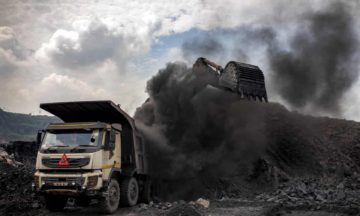 The world’s fossil fuel producers are planning expansions that would blow the planet’s carbon budget twice over, a
The world’s fossil fuel producers are planning expansions that would blow the planet’s carbon budget twice over, a 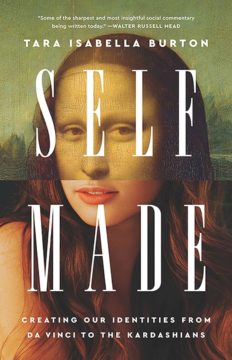 I am what I want, and I have the power within myself to make myself what I want to be, if only I find the will to activate this inner potential—or rather, to manifest this authentic identity. Such is the thesis under review in Tara Isabella Burton’s new book,
I am what I want, and I have the power within myself to make myself what I want to be, if only I find the will to activate this inner potential—or rather, to manifest this authentic identity. Such is the thesis under review in Tara Isabella Burton’s new book,  One stifling hot night in early August, I dreamed, as I always do when I have a fever, the old, familiar dream: the earth opens up before my feet, a gaping pit appears, and into this pit I fall, then clamber straight back out, as eager as a cartoon character, only to fall into the next pit that suddenly yawns before me. An endless obstacle course engineered by some higher power, an experiment going nowhere, the opposite of a story. This dream has followed me since childhood and is probably as old as the realization that I will, one day, end up in a pit forever. As a piece of drama, it is extremely simple, and yet it’s an effective dream and no more unoriginal than that of my friend Sibylle, who told me over breakfast a few days later that she has regular nightmares of being swept away by a vast, tsunami-like wave.
One stifling hot night in early August, I dreamed, as I always do when I have a fever, the old, familiar dream: the earth opens up before my feet, a gaping pit appears, and into this pit I fall, then clamber straight back out, as eager as a cartoon character, only to fall into the next pit that suddenly yawns before me. An endless obstacle course engineered by some higher power, an experiment going nowhere, the opposite of a story. This dream has followed me since childhood and is probably as old as the realization that I will, one day, end up in a pit forever. As a piece of drama, it is extremely simple, and yet it’s an effective dream and no more unoriginal than that of my friend Sibylle, who told me over breakfast a few days later that she has regular nightmares of being swept away by a vast, tsunami-like wave.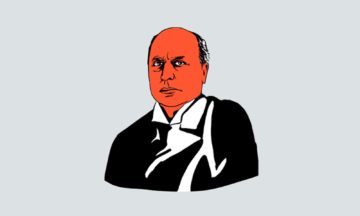 Science journalism is really about everything, I like telling my science-journalism students, because science is really about everything. Take The Golden Bowl, the insanely prolix novel by Henry James, which I read as penance after zipping through a Stephen King gore-fest. The Golden Bowl, I’d heard, is a slog compared to thrillers like The Portrait of a Lady and Turn of the Screw, but James called Bowl his “solidest” novel. By that he must have meant the most Jamesian because The Golden Bowl reads like a parody of James. H.G. Wells’ comparison of James to a hippopotamus trying to pick up a pea comes to mind.
Science journalism is really about everything, I like telling my science-journalism students, because science is really about everything. Take The Golden Bowl, the insanely prolix novel by Henry James, which I read as penance after zipping through a Stephen King gore-fest. The Golden Bowl, I’d heard, is a slog compared to thrillers like The Portrait of a Lady and Turn of the Screw, but James called Bowl his “solidest” novel. By that he must have meant the most Jamesian because The Golden Bowl reads like a parody of James. H.G. Wells’ comparison of James to a hippopotamus trying to pick up a pea comes to mind.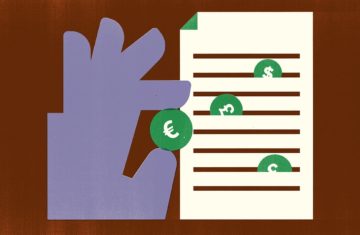 In April,
In April, 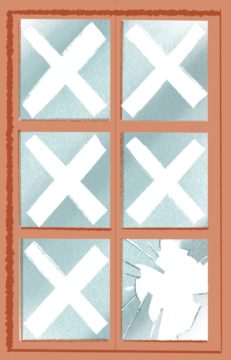 In a few weeks it will be 30 years since
In a few weeks it will be 30 years since  By now, we’ve seen the ChatGPT parlor tricks. We’re past the novelty of a cake recipe in the style of Walt Whitman or a weather report by painter Bob Ross. For the one-hundredth time, we understand the current incarnation of large language models make mistakes. We’ve done our best to strike a studied balance between doomers and evangelists. And, we’ve become less skeptical of “emergent” flashes of insight from the aptly-named foundational models. At the same time, Google, Meta and a list of hopeful giant swatters have released credible competitors to ChatGPT.
By now, we’ve seen the ChatGPT parlor tricks. We’re past the novelty of a cake recipe in the style of Walt Whitman or a weather report by painter Bob Ross. For the one-hundredth time, we understand the current incarnation of large language models make mistakes. We’ve done our best to strike a studied balance between doomers and evangelists. And, we’ve become less skeptical of “emergent” flashes of insight from the aptly-named foundational models. At the same time, Google, Meta and a list of hopeful giant swatters have released credible competitors to ChatGPT. I MAY HAVE BEEN INVITED
I MAY HAVE BEEN INVITED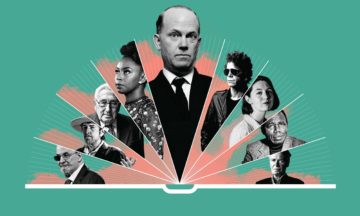 A
A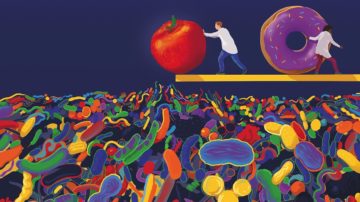 IN THE LATE
IN THE LATE The Federal Reserve’s latest
The Federal Reserve’s latest 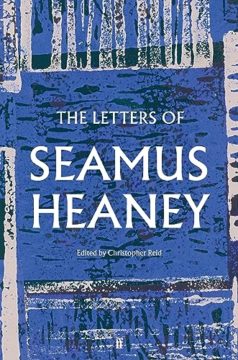 I
I